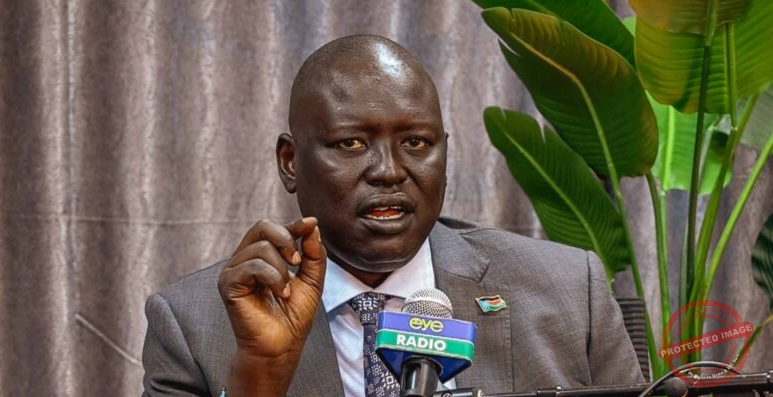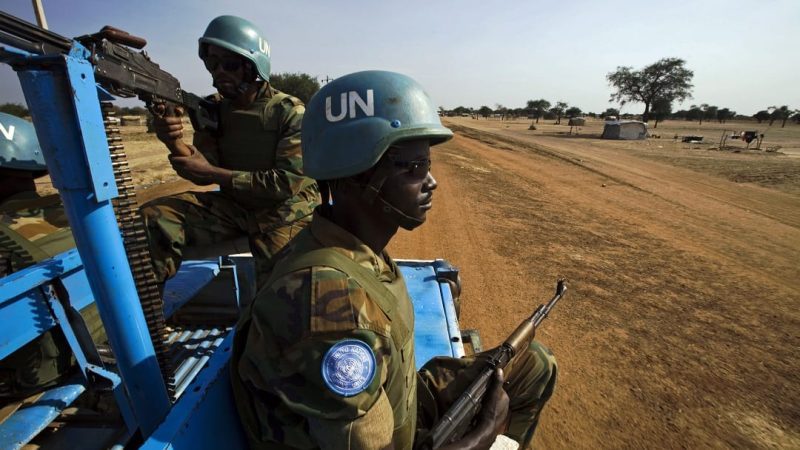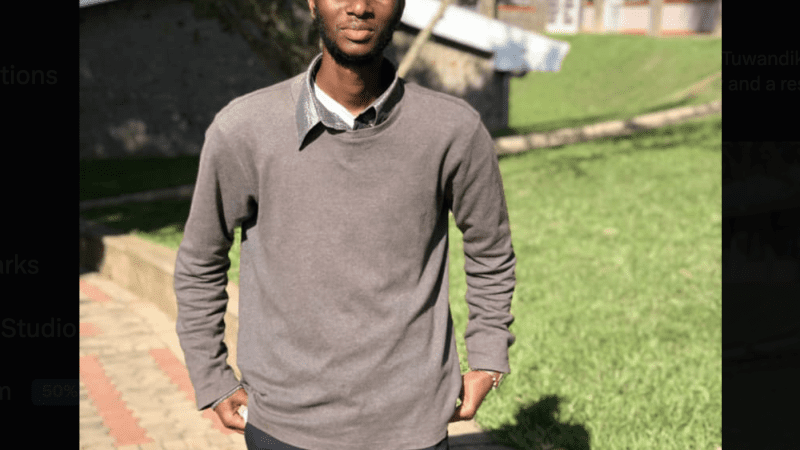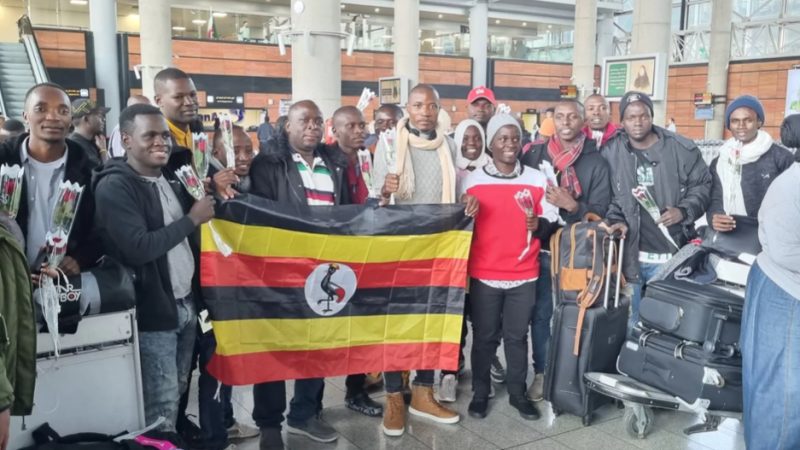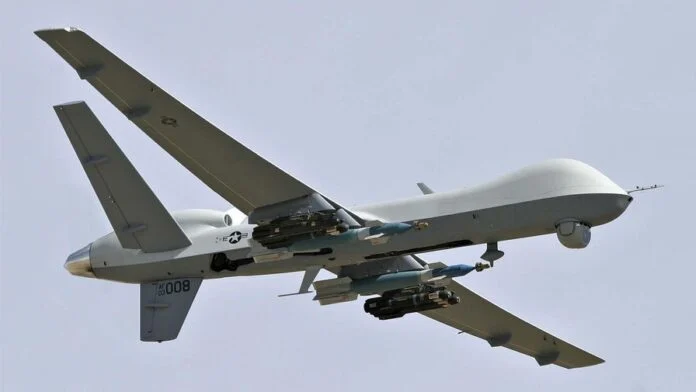RECENT reports in the French media have been awash with damning evidence about France’s complicity in the 1994 Genocide against the Tutsi.
New revelations have, among others, shone a spotlight on a French bank, BNP Paribas, which is being sued for financing the Genocide as well as top French officials for issuing re-armament orders for the genocidal regime in breach of an UN arms embargo.
According to media reports, Hubert Védrine, former secretary-general of l’Elysée (French presidency) under François Mitterrand, gave direct orders to re-arm the former Rwandan army and Interahamwe militia who executed the massacres, despite the arms embargo.
French journalist Patrick de Saint-Exupéry has pointed a finger at Paris in an article, “Rearmez-les” [French for ‘rearm them’], that details the role of France in the Genocide.
The journalist, who has since appeared on French television networks to address the subject, said the recent emergence of further credible testimonies pinning his country on the Genocide in Rwanda should lead to the declassification of archives related to the massacres that are in French custody.
Lt Col Guillaume Ancel, a former French officer who was in part of the infamous operations during the French army’s Opération Turquoise, is one of those behind the latest revelations.
The officer is on record confirming, among others, an order from Paris to re-arm the former Rwandan army and Interahamwe militia at the height of the killings.
Tonnes of weapons
And, this week, three non-government organisations filed a lawsuit in Paris against the French bank BNP Paribas, saying it knowingly approved the transfer of $1.3 million from the Rwandan central bank to an arms dealer during the Genocide to buy 80 tonnes of weapons that were subsequently used to carry out the massacres.
The suit was filed Wednesday in Paris by Sherpa, an association interested in defending victims of economic crimes, in association with Ibuka, the Genocide survivors umbrella, and Collectif des Parties Civiles pour le Rwanda (CPCR), a France-based group dedicated to pursuing justice in relation to the Genocide against the Tutsi.
The trio accuses BNP Paribas of complicity in genocide, crimes against humanity and war crimes for having financed a purchase of weapons for the benefit of the extremist government in Kigali in June 1994 at a time when the Genocide was in full swing and in violation of an embargo imposed by the United Nations.
On June 14 and 16 in 1994, three men; a South African arms dealer Petrus Willem Ehlers, a Congolese official, and Rwandan Col Théoneste Bagosora, an extremist member of the genocidal regime who was director of cabinet in the ministry of defence, bought arms worth $1.3 million ostensibly for the Zairian [Congolese] Armed Forces (FAZ).
According to the French media, the purchase of the arms, officially made for Zaire (now DR Congo), was twice delivered by plane to Goma in eastern DR Congo, before they were transported by road to Gisenyi (Rubavu) in Rwanda, where they were distributed to Interahamwe militia under the supervision of the Rwandan army.
Bagosora was sentenced to life and after appeal to 35 years for his promient role in the Genocide.
Actors ‘spilling the beans’
The latest evidence has drawn renewed condemnation from Genocide survivors and observers who argue that the French government can no longer deny their role in the Genocide in which at least a million Rwandans lost their lives.
Tom Ndahiro, a Genocide scholar, said: “What we hear today is a confirmation of what we have always known. The only difference is that key actors in the rearming of the genocidaires are now spilling the beans. It will be interesting to see what the reaction of the new French government will be.”
French President Emmanuel Macron’s government, Ndahiro said, “cannot just ignore what a Colonel in the French army is saying. Can the French government continue to pretend that they were not involved after such damning confessions?”
Speaking to the French media, the former French officer Col Ancel argued that it was vital to declassify the relevant documents as they would reveal the truth about France’s involvement in the Genocide.
The declassification, Ancel said, would let the French citizens know what happened in Rwanda and then make an informed opinion about the matter for themselves.
He told the French media that what his country did in Rwanda amounts to complicity in genocide.
Paris has remained reluctant to declassify key files related to the Genocide and has maintained that France played no part in the massacres.
But former French president Nicolas Sarkozy admitted his country had committee “errors of judgment” during his visit to Rwanda in 2010, the first by a French president to Rwanda since the killings.
‘Clearer evidence’
It has also been reported that Gen Jean-Claude Lafourcade, the Commander of the 2,500–strong Operation Turquoise French contingent in Rwanda during the Genocide, was ordered to help restore the authority of the then Rwandan army and Interahamwe militia who were in disarray at the time in the wake of renewed offensive by RPA rebels who eventually stopped the killings.
However, incapable of propping up the genocidaires, the French troops helped them flee into neighbouring Zaire, where they went on to rearm them, hoping they could reorganise and mount an attack and recapture power in Rwanda.
Speaking to Saturday Times, Ibuka president Jean Pierre Dusingizemungu (pictured) said as “clearer evidence” about France’s role in the tragedy continues to emerge the world will have a better understanding of what exactly happened in Rwanda and hopefully draw lessons.
“This is not an issue for survivors or Rwanda alone, the world needs to have a clear understanding about the role of France in the planning and execution of the Genocide against the Tutsi,” he said.
“If the truth continues to be hidden no lesson will be learnt and this will not help the cause for peace in the world. And this pursuit for truth and justice as far as the crime of genocide is concerned should not be pursued by Rwanda alone,” he added.
MP Henriette Mukamurangwa Sebera, a survivor, said it was high time France was held accountable.
“It is not as if evidence is lacking for France to acknowledge its complicity in the 1994 Genocide against the Tutsi. More evidence will continue to come up, but France will probably never admit it played a part in the Genocide,” she said.
“I think it is high time France is taken to court so that it is held accountable for its actions.”
The latest developments came at a time France-based CPCR and Genocide survivors separately wrote to the UN asking them to examine France’s role in the Genocide during the upcoming Universal Periodic Review for France by the UN Human Rights Council.
The review is set for January 2018.
REPORT/New Times Rwanda


